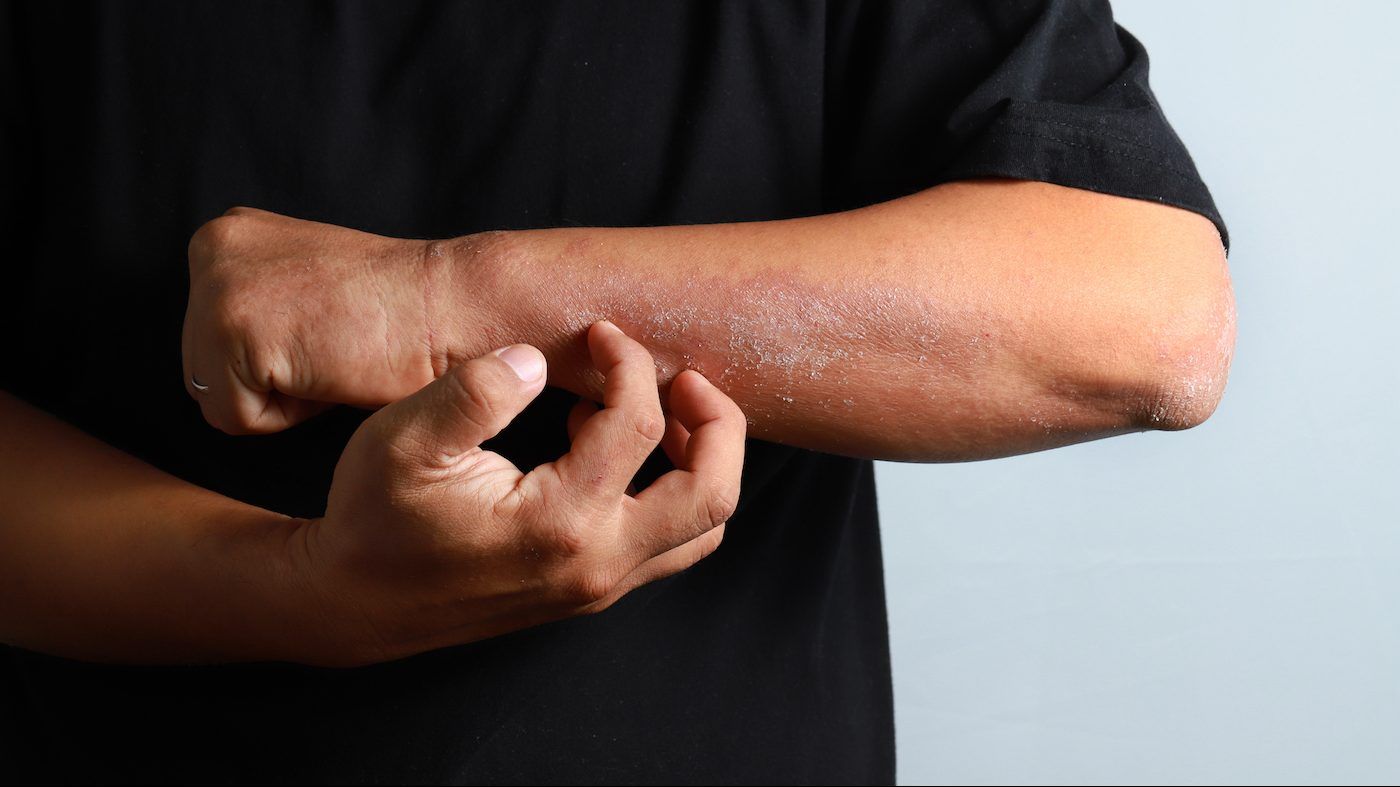she recalls the client telling her that he had to sleep in a separate bedroom because his flare-ups were keeping his wife awake as well. after he went on medication, she explains, “he said he slept in the same bed as his wife for the first time in two years.”
eczema and mental health
like many chronic disorders, eczema is often associated with mental health issues, such as anxiety, stress and depression. in some cases, this can manifest as avoiding going out and engaging in social activities.
dr. skotnicki notes that the association between eczema and the development of mental health issues is common, as the skin condition can alter a patient’s appearance, which can then in turn lead to issues of self-esteem, which can prompt the development of mental health issues
while more conducive evidence may be needed,
research further suggests scientific causation of effects on the brain leading to depression stemming from inflammatory skin conditions.
the esc study similarly suggests that eczema “affects social, sexual, academic and occupational functioning. it is also associated with increased rates of depression and anxiety.” among participants with eczema, the survey documented higher rates of avoiding intimacy (40 per cent), missing work and important life events (32 per cent), as well as changing careers or giving up certain activities (30 per cent).
 5 minute read
5 minute read









